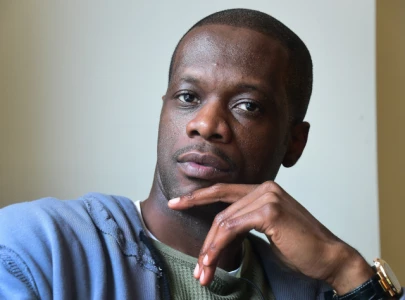
Syria's ruling hierarchy, packed with minority Alawites, has tolerated no dissent and has used emergency laws to justify arbitrary arrests, including those of other minorities such as Kurds who say they are discriminated against.
The Syrian Observatory for Human Rights said the 48 Kurds were released on Tuesday, more than a year after they were arrested in the eastern city of Raqqa.
The reported releases follow an order by Assad to review a 1962 census of al-Hasaka, the eastern region where most Kurds are concentrated, that resulted in some 150,000 of them being denied citizenship.
In a move to mollify conservative Muslims, Syria also lifted on Wednesday a ban on teachers wearing the full face veil and ordered the closure of the country's only casino.
The Muslim Brotherhood is banned in Syria, where Assad's father, late President Hafez al-Assad crushed an armed revolt by the Islamists in the city of Hama in 1982, killing thousands.
The pro-democracy protests first erupted in the southern city of Deraa, where many Sunni Muslim tribes resent the power and wealth accumulated by the Alawites, an offshoot sect of Shia Islam.
Assad also met provincial leaders from the Kurdish east of the country earlier in the week to listen to their demands, the official news agency reported.
Assad cracked down on Kurds, who make up about 10 to 15 per cent of Syria's 20 million people, when they launched violent demonstrations against the state in 2004.

















COMMENTS
Comments are moderated and generally will be posted if they are on-topic and not abusive.
For more information, please see our Comments FAQ